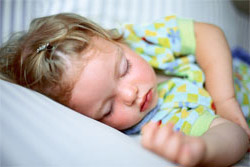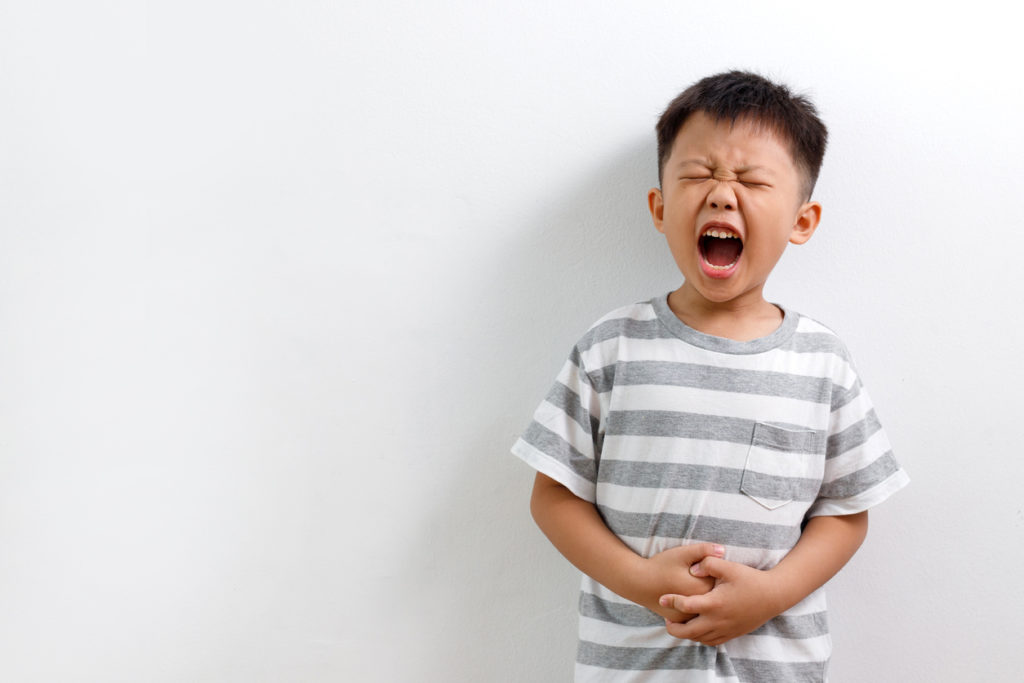Bed wetting is very common, but people don’t tend to talk about it. Dr Joe Kosterich talks about bed wetting, including age and changes in urinary patterns, when to start getting children to be dry at night, how to help stop bed wetting, and when to see a doctor.
 Bed wetting is one of these topics which is very common but people don’t tend to talk about that much: it’s embarrassing, everyone thinks it’s just them, and people often don’t have a strong feel for what the “norm” is. So let’s start with some very simple facts: There is no baby that goes through the night without passing urine – that’s why they put them in nappies. The vast majority of adults (there are exceptions) can go through the night without passing urine. Interestingly, there is a stage later in life where the cycle turns again, and a lot of people as they get older do need to get up during the night. That of itself is not necessarily abnormal; changes in urinary pattern are often worth getting checked, but that would be for another time.
Bed wetting is one of these topics which is very common but people don’t tend to talk about that much: it’s embarrassing, everyone thinks it’s just them, and people often don’t have a strong feel for what the “norm” is. So let’s start with some very simple facts: There is no baby that goes through the night without passing urine – that’s why they put them in nappies. The vast majority of adults (there are exceptions) can go through the night without passing urine. Interestingly, there is a stage later in life where the cycle turns again, and a lot of people as they get older do need to get up during the night. That of itself is not necessarily abnormal; changes in urinary pattern are often worth getting checked, but that would be for another time.
There are figures bandied about; it is often said that around 10% of ten-year-olds are still not dry consistently every night. The majority of children somewhere between the ages of three and six or seven will start to become dry. It’s a bit like learning to walk: You can’t explain to them what to do. It requires the development of the nervous system and the neurological pathways to reach a certain maturity for this to actually happen. The other thing that needs to happen is that if the bladder is full, the message needs to reach the brain. Often in children who are still not dry by the ages seven to ten, it is because they are in a very deep sleep. These are the children who you could fire a cannon next to and they wouldn’t wake up.
So when should we start doing something? The time to start aiming to get children dry needs to be gauged by how your child is going. A bit like toilet training, it’s going to be different for different children. Most children will start to get the hang of it after toilet training, but for some it may be a few years later. For reasons unknown, boys will often become dry at a slightly older age than girls.
What can you do to help your child? First of all, don’t make it into a big deal; don’t ignore it, but don’t make it into a big deal. Getting them to go to the toilet and empty their bladder before they go to bed sounds obvious, but it’s amazing how sometimes the obvious gets missed. Not having a big glass of milk or water before going to bed, again, is a fairly simple thing to do – if you don’t fill the bladder up, it’s less likely that it’s going to need to empty.
These days we are a bit more fortunate than previous generations; there are those pull-up pants that you can give the child at night time to help them so that the whole bed isn’t wet. Around about the age of six, if there is not much progress, that’s the time when you can start thinking about doing other things. Go along and see your doctor; 99.9% of the time there will be nothing “wrong” with the child, but there are some simple tests that can be done – urine samples – to confirm that is the case.
Usually it will just be a matter of encouragement. One of the simplest forms of encouragement is the star chart (a carrot rather than stick approach). For every night the child is dry, they get a little star on their chart, and at the end of the week there is some sort of reward. That’s known as positive encouragement. It’s not a “stick”; it’s not “you’re a ‘bad’ person if you wet the bed”, but “here’s a ‘reward’ if you’ve been dry”. It is very simple but remarkably effective.
There are some tablets that can be used. These are generally best kept in reserve as a last resort. There are alarms that you can get which can sometimes be hired from the chemist. They can be quite useful, and the whole point is that they are connected to the bed and when the monitor detects moisture or wetness, it rings the alarm – the idea being it wakes the child up. Some of you may be thinking this sounds a little bit like Pavlov’s dog. The principal does apply: the child associates the feeling of needing to go to the toilet with waking up. There are clinics that are run in most places, sometimes out of children’s hospitals, that work specifically with children and bed wetting problems.
First and foremost, as I said at the top of the video, this is a common issue. Ten per cent of ten-year-olds, as a general rule of thumb, will not be dry. If you are sitting at home and thinking, “Is it just my child?”, the answer is, no, it isn’t. Certainly up to the age of six, there is not a lot you need to do other than gentle encouragement, and most children will be fine by around that age. From ages six to seven, this is the time when you can start being a little bit more active, and it’s worth going along and having a chat with your doctor. Even in doing that, most of the time, nature will take its course. As I said throughout the video, things like alarms and star charts can help give nature a helping hand.
More information
 |
For more information on parenting, including child development milestones, work-life balance and tips for spending more time with family, see Parenting. |
All content and media on the HealthEngine Blog is created and published online for informational purposes only. It is not intended to be a substitute for professional medical advice and should not be relied on as health or personal advice. Always seek the guidance of your doctor or other qualified health professional with any questions you may have regarding your health or a medical condition. Never disregard the advice of a medical professional, or delay in seeking it because of something you have read on this Website. If you think you may have a medical emergency, call your doctor, go to the nearest hospital emergency department, or call the emergency services immediately.







